A well-planned and correctly targeted evaluation supports change in the direction of a society that functions in accordance with sustainable development. But how?
Evaluation is investment in development.
This motto was used by Elina Kalkku, Under-Secretary of State for development policy at the Ministry for Foreign Affairs, who spoke at a seminar on sustainable development and the evaluation criteria for the UN’s 2030 Agenda held in Helsinki on 14 December 2017.
Kalkku was very much on target with her comment. Evaluation can be used to support a knowledge-based society and coherence in action, and to recognise development targets in the implementation of the 2030 Agenda. But there is an important question that those who request and those who implement the evaluation should consider: how do we evaluate sustainable development in the way required by the 2030 Agenda programme?
The sustainable development goals are interlinked and interdependent, which also challenges the practices of evaluation. In the future, evaluation will need more systemic thinking, understanding of contexts and an evaluation framework that transcends boundaries between sectors.
In addition to traditional project and programme evaluations, we also need to recognise the interaction and combined impacts of the sustainable development goals. The relationship between evaluation and monitoring was also something that came up in discussions at the event. The indicators produce monitoring information on how things are, but they do not, as such, say anything about political relevance, nor do they answer the “why” questions – for whose examination the evaluation is needed.
There was also much discussion at the seminar on the interaction between policies and evaluation and on the use of information from evaluations in decision-making. The conclusion appeared to be that evaluations should support the flexible and adaptive promotion of the sustainable development goals, management and learning.
How can evaluation be used to support the progress of sustainable development?
In his presentation, Ziad Moussa, the vice president of the international evaluation organisation EvalPartners, mentioned five principles that could help the move towards the comprehensiveness required by the 2030 Agenda programme.
- Think beyond individual policies, programmes and projects
Evaluations at the national level tend to target individual interventions, policies, programmes or projects. However, evaluation of individual interventions does not bring us closer to the interdependence, interconnection and complexity of the sustainable development goals. In the evaluations, it is necessary to examine development in a cross-cutting manner in different administrative sectors, as well as in policy actions and strategies. Identifying the impacts that transcend administrative boundaries supports the comprehensive evaluation of sustainable development. It also promotes the policy coherence. - Examine the macro-level forces influencing success and failure
Evaluation can indicate how, when, on whose initiative, at what cost and under what conditions influence has been achieved. For this reason, consideration needs to be given during the selection of the evaluation set-up to the importance of political, economic, ideological, social, cultural, technological and environmental factors for the success of policy action, strategy and programmes. - Take into account multiple definitions and measures for the success of interventions
Even if an intervention were to achieve the goals set for it, there can still be room for development in the setting up of its goals. The goals can either be too narrow or too ambitious. At times, insufficient attention is paid in the planning of goals to how stakeholders expect success to appear. In such cases, the task of evaluation is to examine the results and impacts, in addition to how and by what measures the success of intervention is defined, and if the right things have been done. - Recognise the importance of culture
The 2030 Agenda programme nevertheless emphasises the consideration of the starting level of each country in the implementation of the sustainable development goals. However, it does not recognise the significance of culture quite as strongly. Culture does have an impact on human behaviour and on a society’s openness to change, which is, in turn, a requirement when moving towards a society that operates in a sustainable manner. In national evaluations, it would also be important to study the impact of the cultural and operational environment on the implementation of sustainable development. - Shift towards evaluative thinking and adaptive management
The understanding of sustainable development as a complex and co-dependent system requires the strengthening of evaluative thinking and the development of management that is adaptive and undergoes constant updating. The traditional “predict and act” approach is not sufficient. Experimental phases, knowledge-based learning and the adaptation strategies and actions are needed if wasting resources is to be avoided.
PS: The Expert Panel on Sustainable Development has published a policy briefing “Impact pathways and shared evaluation as drivers of change” that proposes guidelines for the national evaluation of sustainable development in Finland.
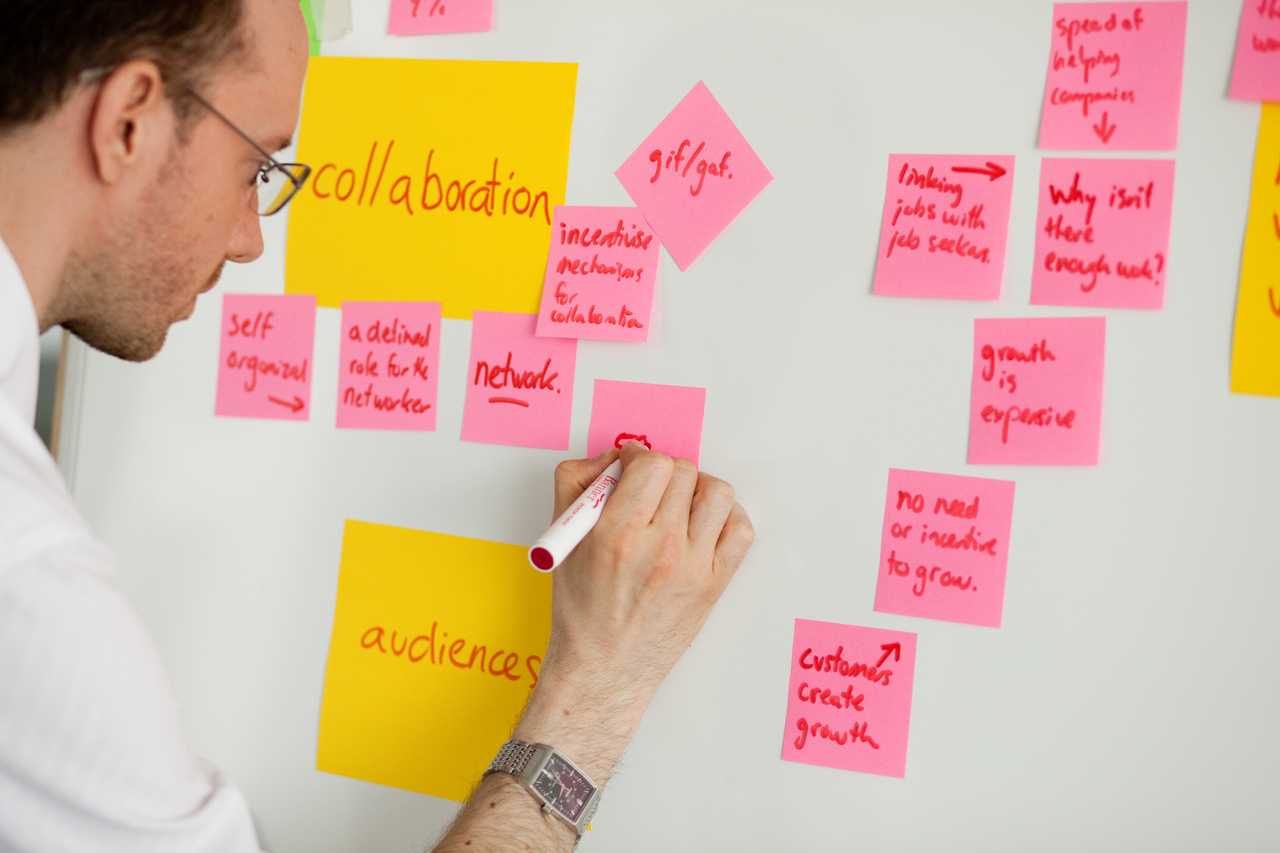







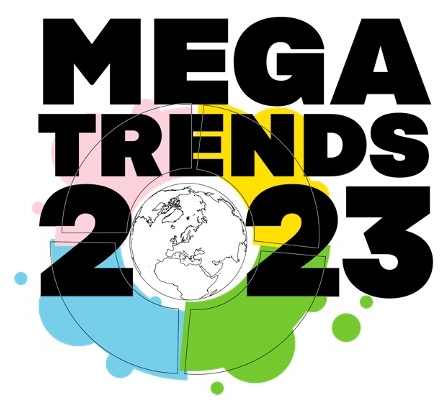

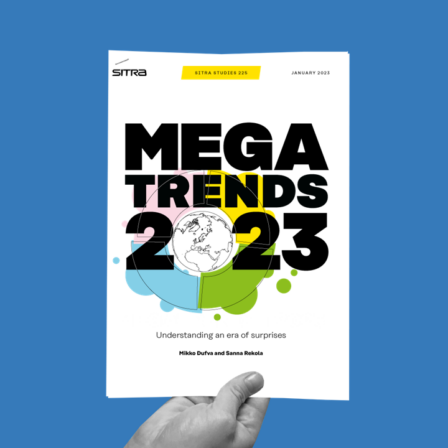


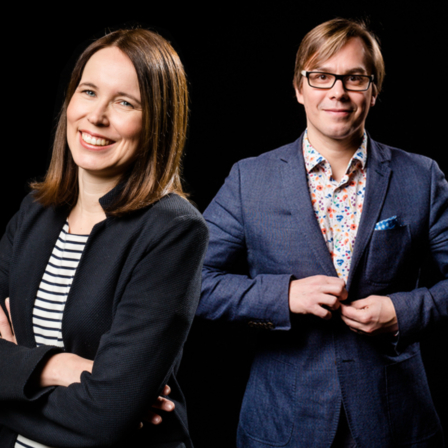
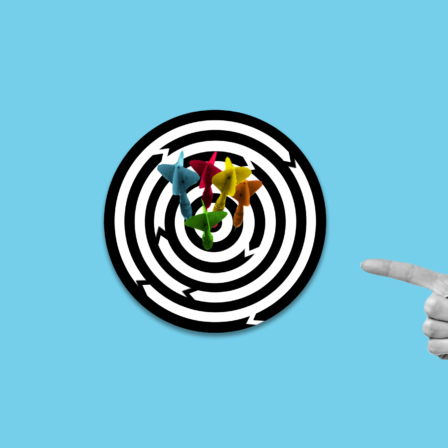

Recommended
Have some more.